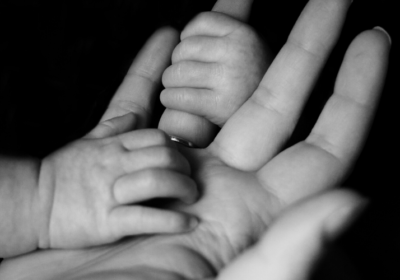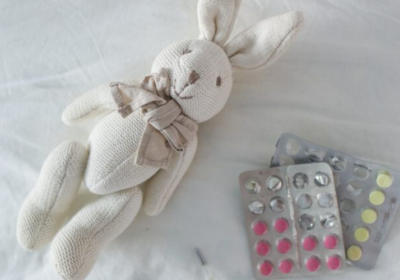They say that drowning is a silent death which is what makes it so dangerous. Muffled voices underwater, limbs flailing where no one can see them, and then under they go. I have worked with many siblings of special needs kids. They tell the same story.
“I feel invisible.”
“I don’t even feel like a real kid.”
“My brother/sister always comes first.”
“It is my job to get everything right because my sibling isn’t capable of getting things right.”
“No one sees how I hurt, or how scared I am.”
“My mom/dad has no time for me.”
As a parent of a special needs child, I get it. It is like your family is in a boat, and it tips over. Your first thought is to rescue your kids. Only one of them can’t swim. You hear his screams, and you swim toward him. You know your other child is fine because she is a strong swimmer. Time passes, and you still haven’t managed to get your child to safety. Your strong swimmer starts to weaken. A person can only tread water for so long. Still, you don’t hear her cry out, and your hands are full with your special needs child. Everyone in the water is doing the best they can, really. Still, the unseen child has to be rescued, guided, or accompanied to the shore before she drowns.
Here are some helpful tips that we have learned:
- Alternate sleep and wake times.
My higher needs child goes to bed first, and I wake him up later. In this way, I have time every day to connect with my daughter. Sometimes we play games, lay in bed and talk, or watch her favorite show together. If you were to quantify the time I spend attending to each child, it would still be far from fair, but she has uninterrupted time almost every day with one of us.
- Make the time you do have count.
If your “unseen” child has a doctor or dentist appointment, keep her/him out of school, or at least take her to lunch. If you are taking a work trip, take that child with you. Even if you are just running an errand, include her and stop for a milkshake.
- Check- In frequently.
Think about how difficult your special needs child is for you, the pressure you feel, your inability to rest, the fears you have for his/her future. Your “unseen” child feels all of this, but he/she is so much more vulnerable than you are. She needs to be able to talk about her own very real grief and fears concerning her sibling. She needs to voice the injustice, her anger, her sadness, and her jealousy of other people’s families who are not like hers. The grief is hers also. I have found that if you join a child well in his/her distress about a special needs sibling, she begins to be able to express compassion and grace toward her sibling. If you can’t join her well in her distress and don’t check in with her frequently, anger and resentment grow.
- Don’t obsess about fairness.
I heard the phrase “treating unequal’s equally is not fair”. This is very true. If you have one bag of M& M’s in your purse, and you know one of your kids ate a huge breakfast and the other hasn’t eaten all day, is it fair to split the M&Ms in half? Life isn’t fair. One child may get more of your time, but the other child probably has more privileges.
We have to reach for these kids and hear them before their heads go under the water. We have to hear their muffled voices before their faces go under water. We have to see the strain in their muscles before they fatigue and go under. Their lives depend on it. A child can only tread water so long alone. They need our presence. They need our attunement. They need to know that even though their needs will never be as big, they are equally important. They need to know that even though time is not allocated fully, we see the hours stolen from them. They need to have a voice and a parent willing to sit with the discomfort that we can’t fix everything for our kids.



